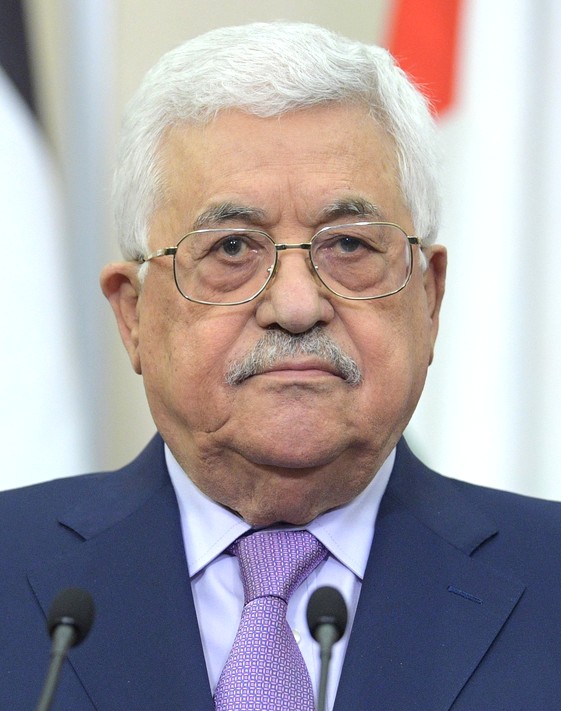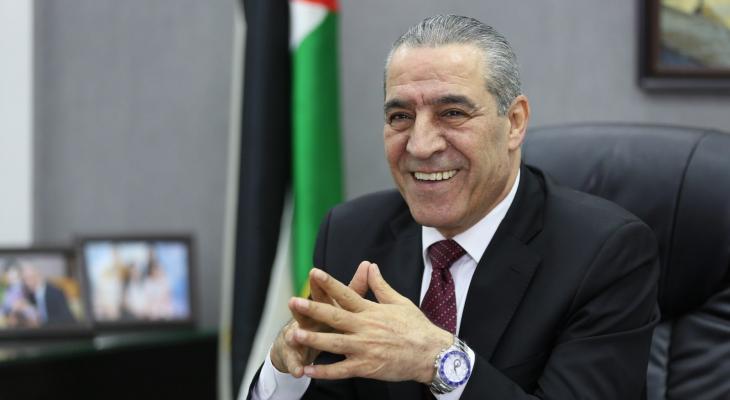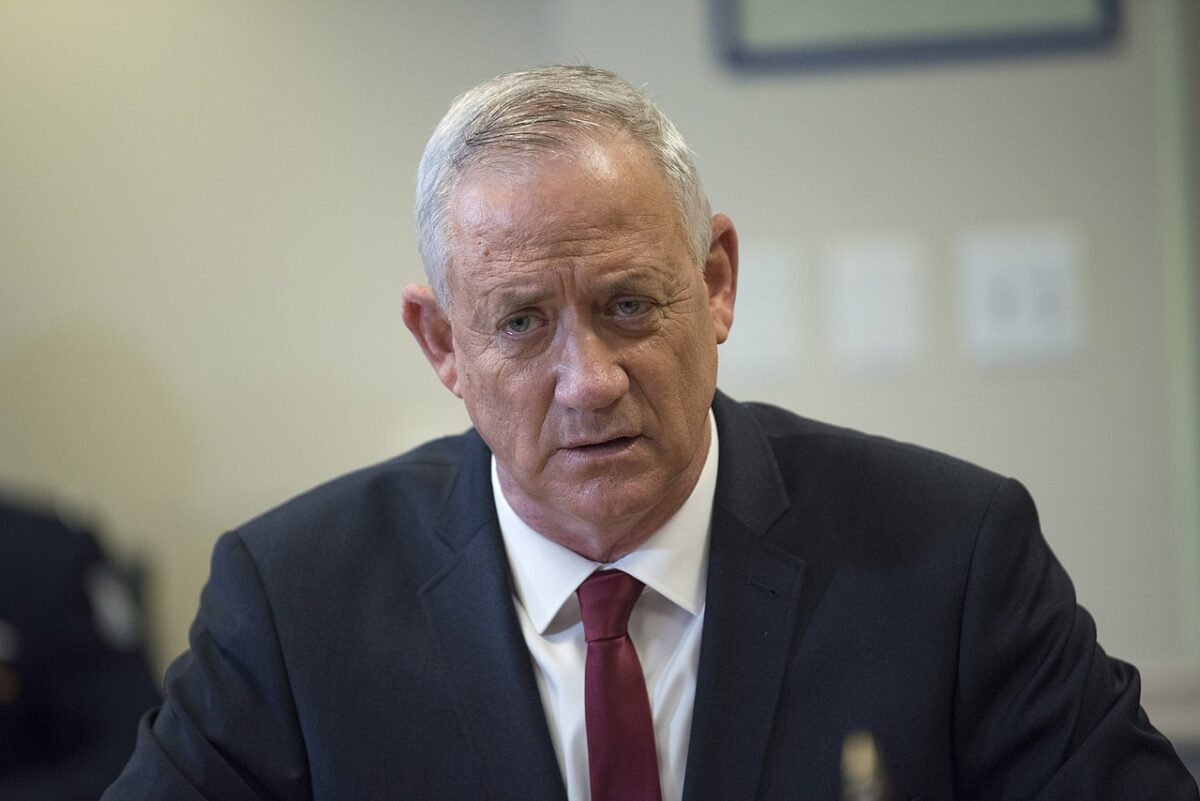Israeli Defence Minister Benny Gantz and Palestinian Authority President Mahmoud Abbas are driving in opposite directions, judging by their second direct meeting since the formation of Israel’s new government in June.
On December 28, Gantz invited Abbas to his home in Rosh Ha’ayin. It was Abbas’ first meeting with a senior Israeli official in Israel since 2010.
Gantz’s previous meeting with Abbas, marking the first high-level contact between Israeli and Palestinian leaders in more than a decade, took place in August in Ramallah, the headquarters of the Palestinian Authority.
Only one conclusion can be drawn from their meetings. Gantz and Abbas hew to very different agendas, which is hardly surprising.
Gantz placed the emphasis on security issues, but he also announced confidence-building measures designed to improve the lives of Palestinians in the West Bank, which Israel has occupied since the 1967 Six Day War.
Warning that Israeli policies could well trigger an “explosion” in the West Bank, he called for a political resolution of the conflict between Israel and the Palestinians.

In the wake of their second meeting, Gantz’s office issued a statement that spelled out Israel’s priorities: “The defence minister emphasized the shared interest in strengthening security cooperation, preserving security stability, and preventing terrorism and violence.”
According to the Ministry of Defence, Gantz told Abbas that Israel intended to phase in “confidence-building measures in civil and economic fields.”
Hussein al-Sheikh, the Palestinian Authority official who manages relations with Israel and who accompanied Abbas to Gantz’s home, laid the emphasis on politics. As he put it, “The meeting dealt with the importance of creating a political horizon that leads to a political solution …”

He was, of course, referring to a two-state solution, which Israeli Prime Minister Naftali Bennett — a champion of Israeli settlements in the West Bank — staunchly opposes.
The day after their meeting, Israeli newspapers published stories that Abbas had warned Gantz that changes to the religious status quo on the Temple Mount in East Jerusalem could lead to an “unstoppable” escalation of violence in the West Bank.
On December 30, Wafa, the Palestinian news agency, reported that Abbas had told Russian President Vladimir Putin in a phone call that Israeli settlements, home demolitions and “settler terrorism” could spark further bloodshed.
Expressing opposition to violence, Abbas reportedly said, “Economic and security steps are not a substitute for the political track.”
Israel and the Palestinian Authority last conducted peace talks in 2013 and 2014, but they yielded no encouraging results and ended acrimoniously, prompting Bennett’s predecessor, Benjamin Netanyahu, to move away from his 2009 endorsement of a two-state solution.
Donald Trump, the previous U.S. president, unveiled a peace plan in 2020, but the Palestinian Authority categorically rejected it as one-sided in Israel’s favor.
Bennett, the leader of the far right-wing Yamina Party, has come out against a renewal of negotiations with the Palestinians and refuses to meet Abbas. But recognizing that Israel needs to strengthen Abbas in the face of attempts by Hamas to build an operational base in the West Bank, he supports Gantz’s argument that Israel should help the Palestinian Authority and prop up its moribund economy.
In accordance with this strategy, Israel has promised the Palestinian Authority loans to the tune of nearly $200 million and has begun to ease conditions in the West Bank, where tensions have flared of late.
Last month, Jewish tour guide Eliyahu Kay was murdered in Jerusalem by a Palestinian affiliated with Hamas. And earlier this month, Yehuda Dimentman, a Jewish settler, was killed in the West Bank. Palestinians carried out 100 terrorist attacks in the West Bank in 2021, compared to 60 in 2020.

In the first ten months of this year, 410 attacks against Palestinians by Jewish settlers were recorded.
Cognizant of the upsurge of violence and of Hamas’s desire to establish a presence in the West Bank, Gantz intends to assist its rival, the Palestinian Authority.
“If the Palestinian Authority is stronger, Hamas will be weaker,” said Gantz in August. “When the Palestinian Authority has more ability to enforce order, there will be more security.”
This is true. But it is equally true that Israel cannot attain real and lasting peace and security unless the national aspirations of the Palestinians are met through a negotiated two-state solution.
